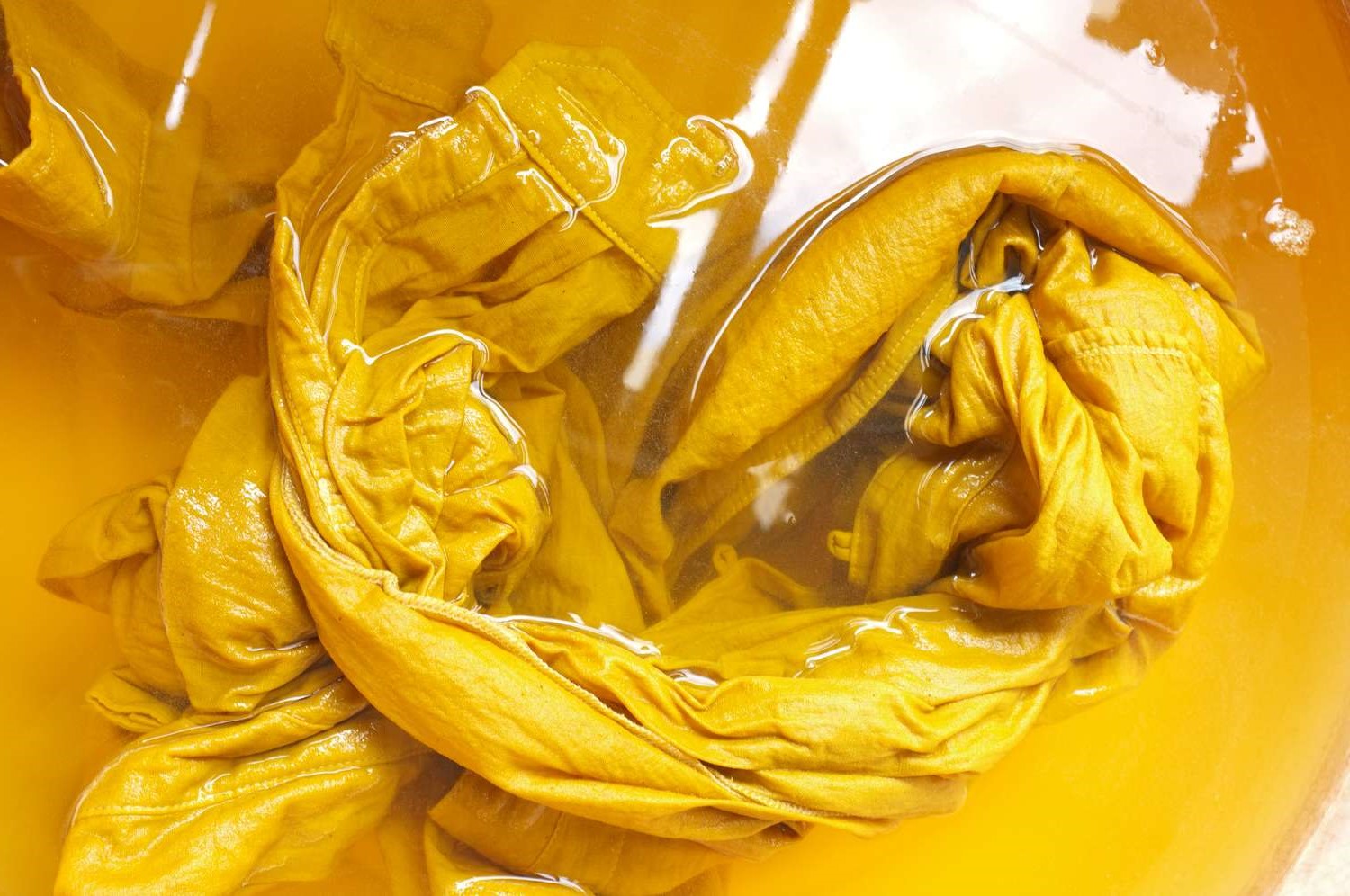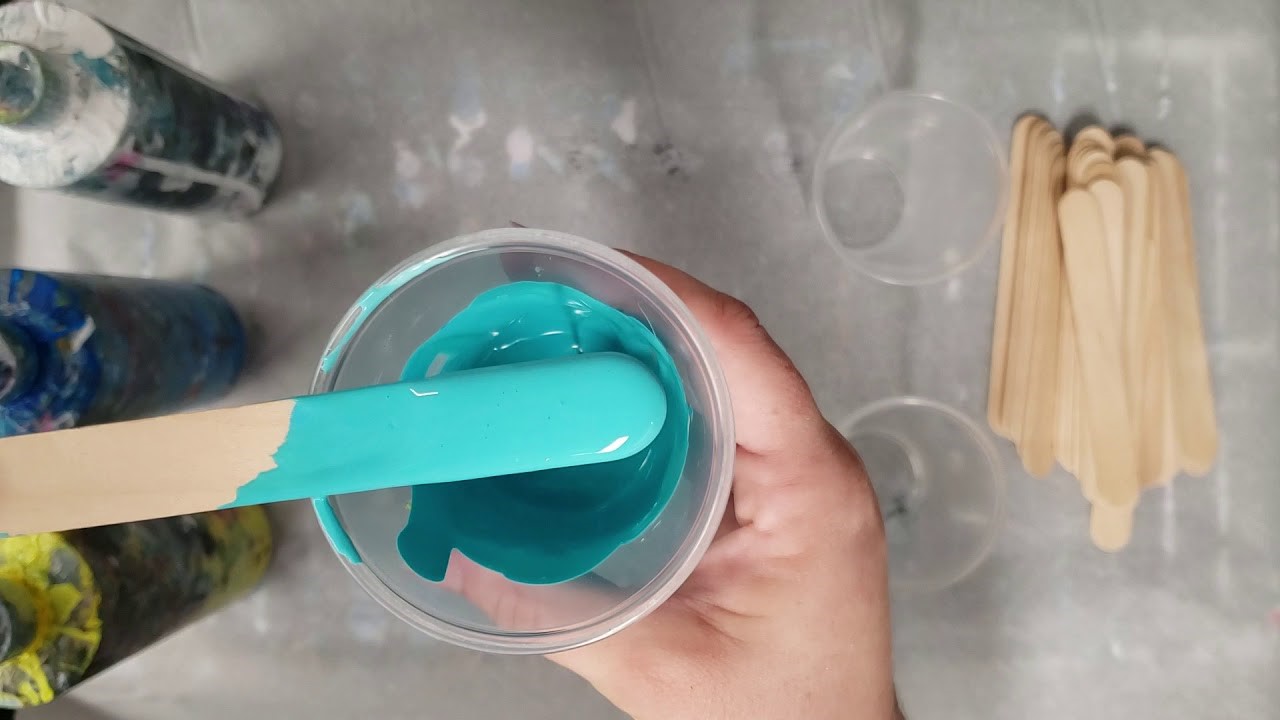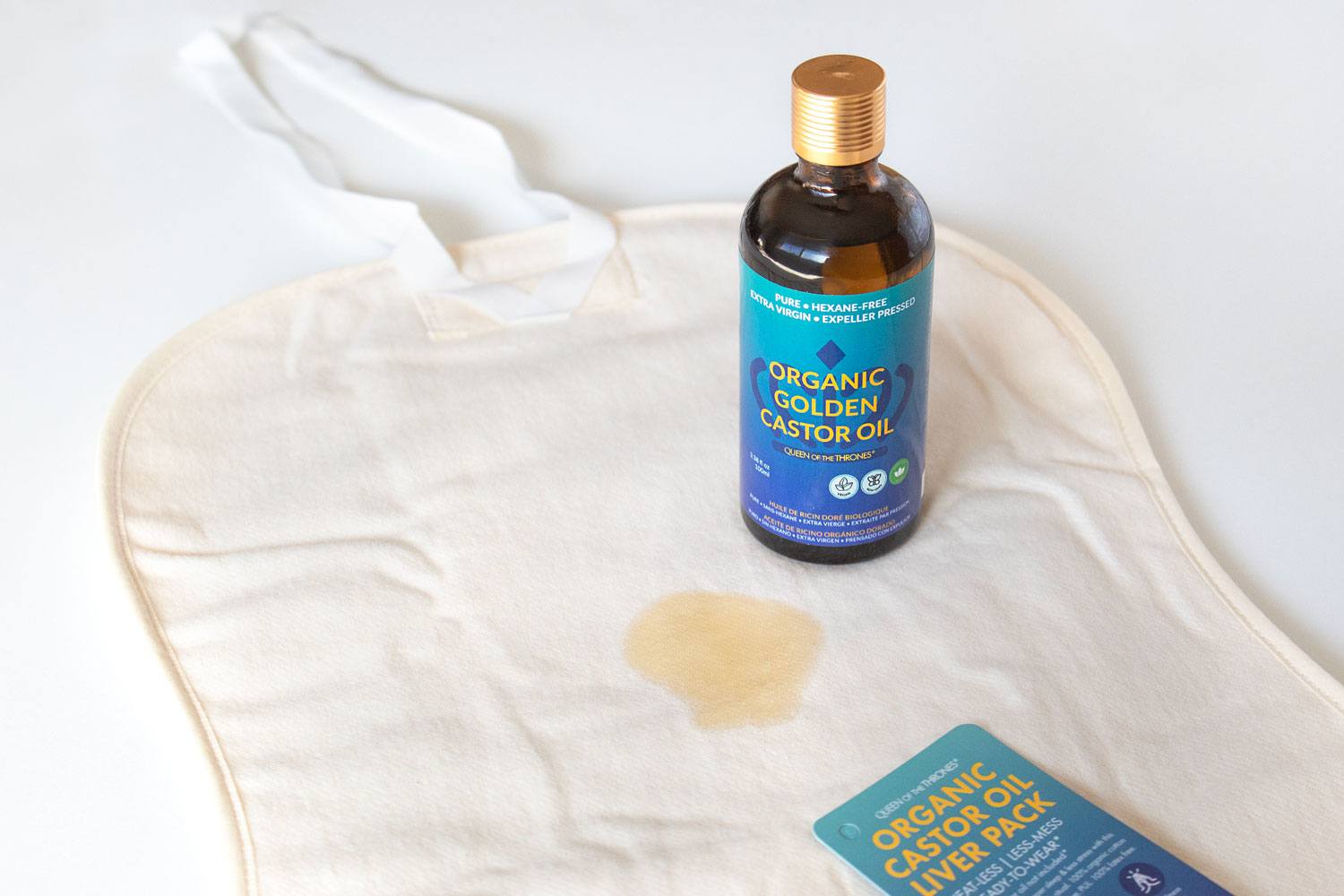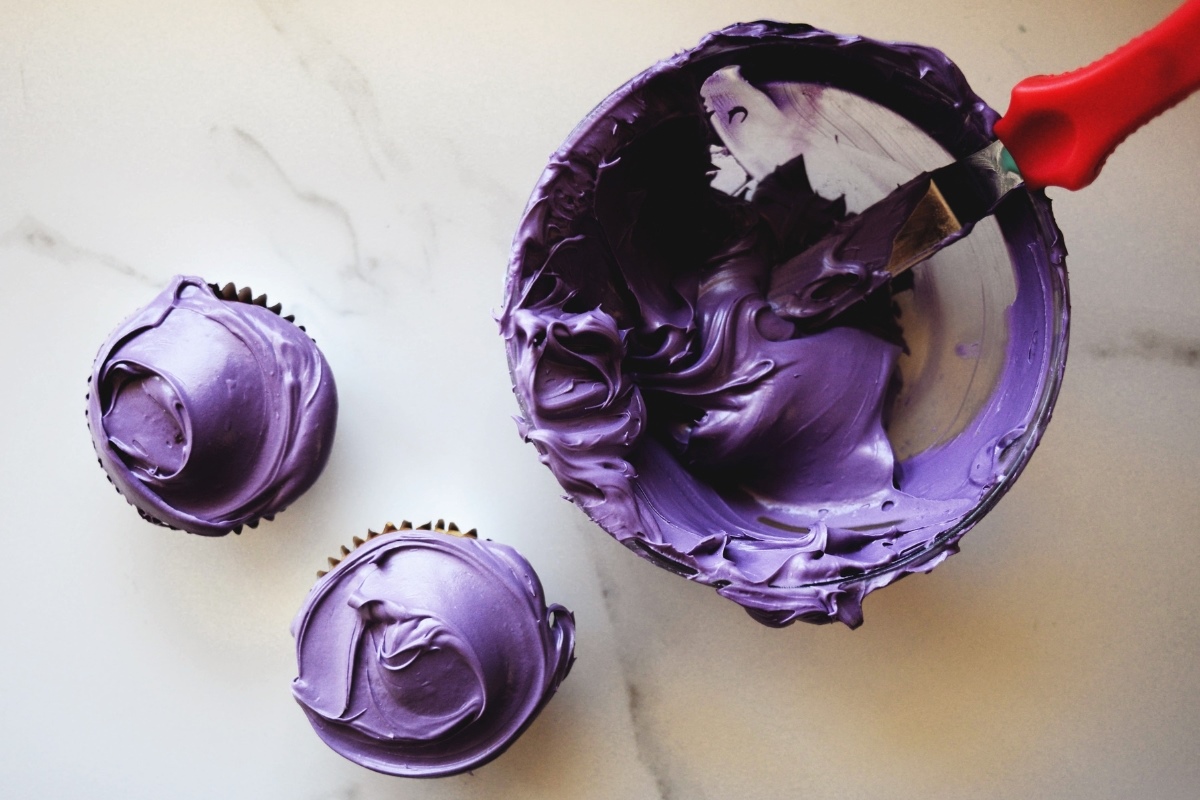Home>Food and Cooking>How To Make Oregano Oil


Food and Cooking
How To Make Oregano Oil
Published: February 27, 2024
Learn how to make oregano oil at home with this simple guide. Discover the benefits and uses of oregano oil in food and cooking.
(Many of the links in this article redirect to a specific reviewed product. Your purchase of these products through affiliate links helps to generate commission for Noodls.com, at no extra cost. Learn more)
Table of Contents
Introduction
Oregano oil is a powerful and versatile natural remedy that has been used for centuries due to its numerous health benefits. Derived from the leaves and flowers of the oregano plant, Origanum vulgare, this essential oil is renowned for its potent antimicrobial, antioxidant, and anti-inflammatory properties. It is commonly used to support immune health, alleviate respiratory issues, and promote overall well-being.
The process of making oregano oil involves extracting the medicinal compounds from the oregano plant through a simple yet meticulous method. By harnessing the natural essence of oregano, individuals can create a potent elixir that can be used for various health and wellness purposes.
In this comprehensive guide, we will delve into the art of crafting oregano oil at home, exploring the benefits of this natural remedy, the essential materials and equipment needed, and the step-by-step process for creating this aromatic and therapeutic oil. Additionally, we will discuss the proper storage and usage of oregano oil, as well as important precautions and potential side effects to be mindful of.
Whether you are a seasoned herbal enthusiast or someone looking to explore the world of natural remedies, learning how to make oregano oil can be an empowering and enriching experience. With a deep understanding of its benefits and the knowledge to create it from scratch, you can harness the remarkable potential of oregano oil to support your health and well-being.
Read more: How To Make Rosemary Oil
Benefits of Oregano Oil
Oregano oil is celebrated for its wide-ranging health benefits, making it a valuable addition to any natural health toolkit. The key benefits of oregano oil include its potent antimicrobial properties, ability to support immune function, and its potential to alleviate various health concerns.
-
Antimicrobial Power: Oregano oil is revered for its strong antimicrobial properties, attributed to the presence of carvacrol and thymol, two potent compounds with natural antibacterial and antifungal properties. These properties make oregano oil an effective natural remedy for combating harmful microorganisms, including bacteria, viruses, and fungi. It can be used to support the body's natural defenses against infections and promote overall wellness.
-
Immune Support: The immune-boosting properties of oregano oil make it a valuable ally in maintaining a healthy immune system. By stimulating the body's natural defenses, oregano oil can help fortify the immune response, potentially reducing the risk of falling ill during periods of increased susceptibility.
-
Respiratory Health: Oregano oil is known for its potential to support respiratory health. Its anti-inflammatory properties may help alleviate symptoms associated with respiratory conditions, such as coughs, congestion, and seasonal discomfort. When used in aromatherapy or as a chest rub, oregano oil can provide soothing relief for respiratory issues.
-
Antioxidant Support: Oregano oil contains high levels of antioxidants, which play a crucial role in neutralizing harmful free radicals in the body. By combating oxidative stress, oregano oil may contribute to overall health and well-being, potentially reducing the risk of chronic diseases and supporting cellular health.
-
Digestive Aid: Oregano oil is believed to have digestive benefits, as it may help maintain a healthy balance of gut flora. Its antimicrobial properties can support a healthy microbial environment in the digestive tract, potentially aiding in digestion and promoting gastrointestinal wellness.
-
Skin Health: When diluted and applied topically, oregano oil may offer benefits for skin health. Its antimicrobial and anti-inflammatory properties can help address skin concerns, such as acne, minor irritations, and fungal infections.
Incorporating oregano oil into a wellness routine can provide a natural and holistic approach to supporting overall health. However, it is important to use oregano oil responsibly and in accordance with recommended guidelines to maximize its benefits while minimizing potential risks.
Choosing the Right Oregano
Selecting the right type of oregano is crucial when preparing oregano oil. The species Origanum vulgare is commonly used for its potent medicinal properties. Within this species, there are various subspecies and cultivars, each with its own unique characteristics. When choosing oregano for oil extraction, it is essential to prioritize quality and potency.
One of the most popular varieties for oregano oil production is Origanum vulgare subsp. hirtum, also known as Greek oregano or true oregano. This particular subspecies is prized for its high concentration of essential oils, particularly carvacrol, the primary active compound responsible for many of oregano oil's health benefits. Greek oregano is known for its robust flavor and aroma, making it a preferred choice for culinary and therapeutic applications.
Another noteworthy variety is Origanum vulgare subsp. vulgare, commonly referred to as common oregano or wild marjoram. While it may not possess the same elevated levels of carvacrol as Greek oregano, it still offers valuable medicinal properties and can be suitable for oregano oil production. Its milder flavor profile may appeal to those seeking a more subtle oregano essence in the resulting oil.
When sourcing oregano for oil extraction, whether from a garden or a reputable supplier, it is essential to prioritize organic and pesticide-free options. Organic oregano is cultivated without synthetic pesticides or herbicides, ensuring that the resulting oil is free from potentially harmful chemical residues. Additionally, organic cultivation practices may contribute to a higher concentration of beneficial compounds in the oregano, enhancing the overall quality of the oil.
Whether opting for Greek oregano, common oregano, or other subspecies within the Origanum vulgare family, it is advisable to select plants that are vibrant, healthy, and at their peak of vitality. The leaves and flowers should exhibit a rich color and robust aroma, indicating the presence of potent essential oils. By choosing high-quality oregano, enthusiasts can embark on the oregano oil-making process with confidence, knowing that they are harnessing the full potential of this remarkable herb.
In summary, selecting the right oregano for oil extraction involves considering the subspecies, quality, and cultivation practices. By prioritizing varieties known for their potency, such as Greek oregano, and opting for organic sources, individuals can set the stage for creating a high-quality oregano oil with exceptional therapeutic benefits.
Materials and Equipment Needed
Creating oregano oil at home requires a set of essential materials and equipment to facilitate the extraction process. By assembling the following items, individuals can embark on the journey of crafting their own potent and aromatic oregano oil:
Fresh Oregano Leaves and Stems:
Selecting fresh oregano leaves and stems is the foundational step in preparing oregano oil. The quality and potency of the oil are directly influenced by the freshness and vitality of the oregano plant. Opt for organic oregano to ensure that the resulting oil is free from synthetic pesticides and herbicides, and possesses a high concentration of beneficial compounds.
Carrier Oil:
A high-quality carrier oil serves as the base for diluting the oregano essential oil. Common carrier oils such as olive oil, coconut oil, or almond oil are suitable choices for creating oregano oil. These carrier oils not only aid in dilution but also offer their own set of health benefits, complementing the therapeutic properties of oregano oil.
Distilled Water:
Distilled water is used in the extraction process to create a steam distillation environment. It is essential to use distilled water to prevent impurities or contaminants from affecting the purity of the oregano oil.
Large Pot:
A large pot is required for the steam distillation process. It serves as the base for creating the steam that will carry the essential oils from the oregano plant and into the collection vessel.
Heat-Resistant Bowl or Container:
This container will be placed inside the large pot and will hold the oregano leaves and water. It should be able to withstand heat and accommodate the volume of oregano and water required for the extraction process.
Collection Vessel:
The collection vessel captures the condensed steam, which contains the oregano essential oil. It is essential to use a vessel made of glass or stainless steel to maintain the purity of the oil and prevent any chemical reactions that may occur with other materials.
Cheesecloth or Fine Mesh Strainer:
After the extraction process, a cheesecloth or fine mesh strainer is used to filter the oregano oil, separating it from the plant material and any impurities. This step ensures that the resulting oil is clear, pure, and free from debris.
Dark Glass Bottles:
Once the oregano oil is extracted and filtered, it should be stored in dark glass bottles to protect it from light and preserve its potency. Dark glass helps prevent oxidation and degradation of the oil, ensuring its longevity and efficacy.
By gathering these materials and equipment, individuals can prepare to embark on the process of creating their own oregano oil, harnessing the natural essence and therapeutic benefits of this remarkable herb.
Step-by-Step Guide to Making Oregano Oil
-
Prepare the Oregano: Begin by thoroughly washing the fresh oregano leaves and stems to remove any dirt or impurities. Pat them dry with a clean towel to ensure they are free from excess moisture.
-
Chop the Oregano: Using a sharp knife, finely chop the oregano leaves and stems. This process helps release the essential oils contained within the plant, facilitating the extraction process.
-
Set Up the Distillation Apparatus: Fill a large pot with a moderate amount of distilled water, ensuring that it does not touch the bottom of the heat-resistant bowl or container that will hold the oregano. Place the heat-resistant container inside the pot, making sure it floats on the water without submerging.
-
Add the Oregano and Water: Place the chopped oregano into the heat-resistant container, covering it with distilled water. The ratio of oregano to water can vary, but a general guideline is to use approximately one cup of chopped oregano for every two cups of water.
-
Heat the Mixture: Bring the water to a gentle boil, then reduce the heat to a simmer. As the water simmers, the steam will carry the essential oils from the oregano, facilitating the extraction process.
-
Collect the Oregano Oil: As the steam rises and condenses, the essential oils from the oregano will be carried into the collection vessel. Allow the process to continue for a sufficient duration to ensure the extraction of a potent oregano oil.
-
Filter the Oil: Once the extraction process is complete, carefully remove the collection vessel and allow it to cool. Use a cheesecloth or fine mesh strainer to filter the oregano oil, separating it from the plant material and any impurities.
-
Store the Oil: Transfer the filtered oregano oil into dark glass bottles, ensuring that they are tightly sealed. Store the bottles in a cool, dark place to protect the oil from light and heat, preserving its potency and extending its shelf life.
By following these step-by-step instructions, individuals can successfully create their own high-quality oregano oil at home, harnessing the natural essence and therapeutic benefits of this remarkable herb.
Read more: How To Repair An Oil Leak
Storing and Using Oregano Oil
Proper storage and usage practices are essential for maintaining the potency and efficacy of oregano oil. By adhering to recommended guidelines, individuals can ensure that their homemade oregano oil remains potent and ready for a variety of applications.
Storing Oregano Oil
After the oregano oil has been extracted and filtered, it is crucial to store it in a manner that preserves its quality and therapeutic properties. Dark glass bottles are the preferred storage vessels for oregano oil, as they offer protection against light exposure, which can degrade the oil over time. The dark glass helps prevent oxidation and maintains the stability of the oil, ensuring its longevity.
Additionally, it is important to store the oregano oil in a cool, dark place, away from direct sunlight and heat sources. Excessive exposure to light and heat can accelerate the degradation of the oil, compromising its potency. A pantry or cabinet away from the stove or other heat-emitting appliances is an ideal storage location.
By tightly sealing the dark glass bottles, individuals can further safeguard the oregano oil from air and moisture, which can contribute to deterioration. Properly sealed bottles help maintain the oil's freshness and prevent oxidation, preserving its aromatic and therapeutic qualities.
Using Oregano Oil
Oregano oil offers a wide range of potential applications, thanks to its versatile and potent nature. When using oregano oil, it is important to dilute it with a suitable carrier oil before applying it to the skin or consuming it orally. Carrier oils such as olive oil, coconut oil, or almond oil are commonly used to dilute oregano oil, ensuring that it is safe for topical use and consumption.
Topical Application: Diluted oregano oil can be applied topically to the skin to address various concerns, such as minor irritations, blemishes, and fungal infections. It is essential to perform a patch test on a small area of the skin to check for any adverse reactions before applying oregano oil more extensively.
Aromatherapy: Oregano oil can be diffused in a well-ventilated space to promote a sense of clarity and invigoration. Its aromatic properties can help create a refreshing and uplifting atmosphere, contributing to a positive environment.
Oral Consumption: When used internally, oregano oil should be diluted according to recommended guidelines. It can be added to a glass of water or mixed with a spoonful of honey to create a potent elixir. Due to its concentrated nature, it is important to use oregano oil sparingly and in accordance with suggested dosage recommendations.
By understanding the proper storage methods and safe usage practices, individuals can maximize the benefits of oregano oil while ensuring its longevity and efficacy. Whether used for aromatherapy, topical applications, or internal consumption, oregano oil offers a natural and versatile approach to supporting overall well-being.
Precautions and Side Effects
While oregano oil offers a myriad of health benefits, it is important to be mindful of potential precautions and side effects associated with its use. Understanding these considerations can help individuals make informed decisions and use oregano oil responsibly.
Read more: How To Clean Oil Based Paint Brushes
Precautions
-
Skin Sensitivity: Oregano oil is highly concentrated and potent, which can potentially cause skin irritation or sensitization, especially when used in its undiluted form. It is essential to dilute oregano oil with a suitable carrier oil before applying it to the skin to minimize the risk of adverse reactions.
-
Pregnancy and Breastfeeding: Pregnant and breastfeeding individuals should exercise caution when using oregano oil. The potent nature of the oil may pose risks during pregnancy, and its effects on nursing infants are not well-studied. Consulting a healthcare professional before using oregano oil is advisable in such circumstances.
-
Allergic Reactions: Individuals with known allergies to plants in the Lamiaceae family, which includes mint, basil, and sage, should approach oregano oil with caution. Allergic reactions to oregano oil, though rare, can occur in sensitive individuals.
-
Medical Conditions and Medications: Those with underlying medical conditions or individuals taking medications should consult a healthcare provider before using oregano oil. The potent properties of the oil may interact with certain medications or exacerbate existing health issues.
Side Effects
-
Gastrointestinal Distress: In some cases, oral consumption of undiluted oregano oil or excessive intake of the oil in concentrated form may lead to gastrointestinal discomfort, including stomach upset and heartburn. It is crucial to adhere to recommended dosage guidelines to minimize the risk of digestive issues.
-
Thinning of Blood: Oregano oil contains compounds that may have mild blood-thinning effects. Individuals taking blood-thinning medications or those with bleeding disorders should exercise caution and seek medical advice before using oregano oil internally.
-
Respiratory Sensitivity: Inhalation of undiluted oregano oil or exposure to high concentrations of the oil through aromatherapy may trigger respiratory irritation in some individuals. Proper dilution and ventilation are essential when using oregano oil for aromatic purposes.
-
Drug Interactions: Oregano oil may interact with certain medications, including blood thinners, anticoagulants, and antihypertensive drugs. It is crucial to consult a healthcare professional to assess potential interactions and ensure safe usage.
By being aware of these precautions and potential side effects, individuals can approach the use of oregano oil with caution and responsibility. When used thoughtfully and in accordance with recommended guidelines, oregano oil can be a valuable natural remedy with minimal associated risks.
Conclusion
In conclusion, the art of making oregano oil at home is a rewarding and empowering endeavor that allows individuals to harness the remarkable health benefits of this natural remedy. Throughout this comprehensive guide, we have explored the multifaceted advantages of oregano oil, the importance of selecting the right oregano for extraction, the essential materials and equipment needed, and a step-by-step process for creating this potent elixir. Additionally, we have delved into the proper storage and usage of oregano oil, as well as important precautions and potential side effects to be mindful of.
The benefits of oregano oil are far-reaching, encompassing its potent antimicrobial properties, immune-supporting capabilities, and potential to alleviate respiratory issues. Its antioxidant support, digestive aid, and benefits for skin health further underscore its versatility as a natural remedy. By incorporating oregano oil into a wellness routine, individuals can embrace a holistic approach to supporting overall health and well-being.
Choosing the right oregano for oil extraction is a critical step in ensuring the potency and quality of the resulting oil. Whether opting for Greek oregano or common oregano, prioritizing organic sources and vibrant, healthy plants sets the stage for creating a high-quality oregano oil with exceptional therapeutic benefits.
The process of making oregano oil at home requires essential materials and equipment, including fresh oregano leaves and stems, a carrier oil, distilled water, a large pot, a heat-resistant container, a collection vessel, a cheesecloth or fine mesh strainer, and dark glass bottles for storage. By assembling these items, individuals can embark on the journey of crafting their own potent and aromatic oregano oil.
Following a step-by-step guide, individuals can successfully create high-quality oregano oil at home, from preparing the oregano and setting up the distillation apparatus to filtering and storing the oil. By understanding the proper storage methods and safe usage practices, individuals can maximize the benefits of oregano oil while ensuring its longevity and efficacy.
It is important to be mindful of potential precautions and side effects associated with the use of oregano oil, including skin sensitivity, considerations for pregnancy and breastfeeding, allergic reactions, and potential interactions with medications. By approaching the use of oregano oil with caution and responsibility, individuals can harness its benefits with minimal associated risks.
In essence, the process of making oregano oil at home is not only a journey of exploration and creation but also a testament to the remarkable potential of natural remedies. By embracing the art of crafting oregano oil, individuals can unlock the therapeutic essence of this extraordinary herb, enriching their lives with its versatile and potent properties.











